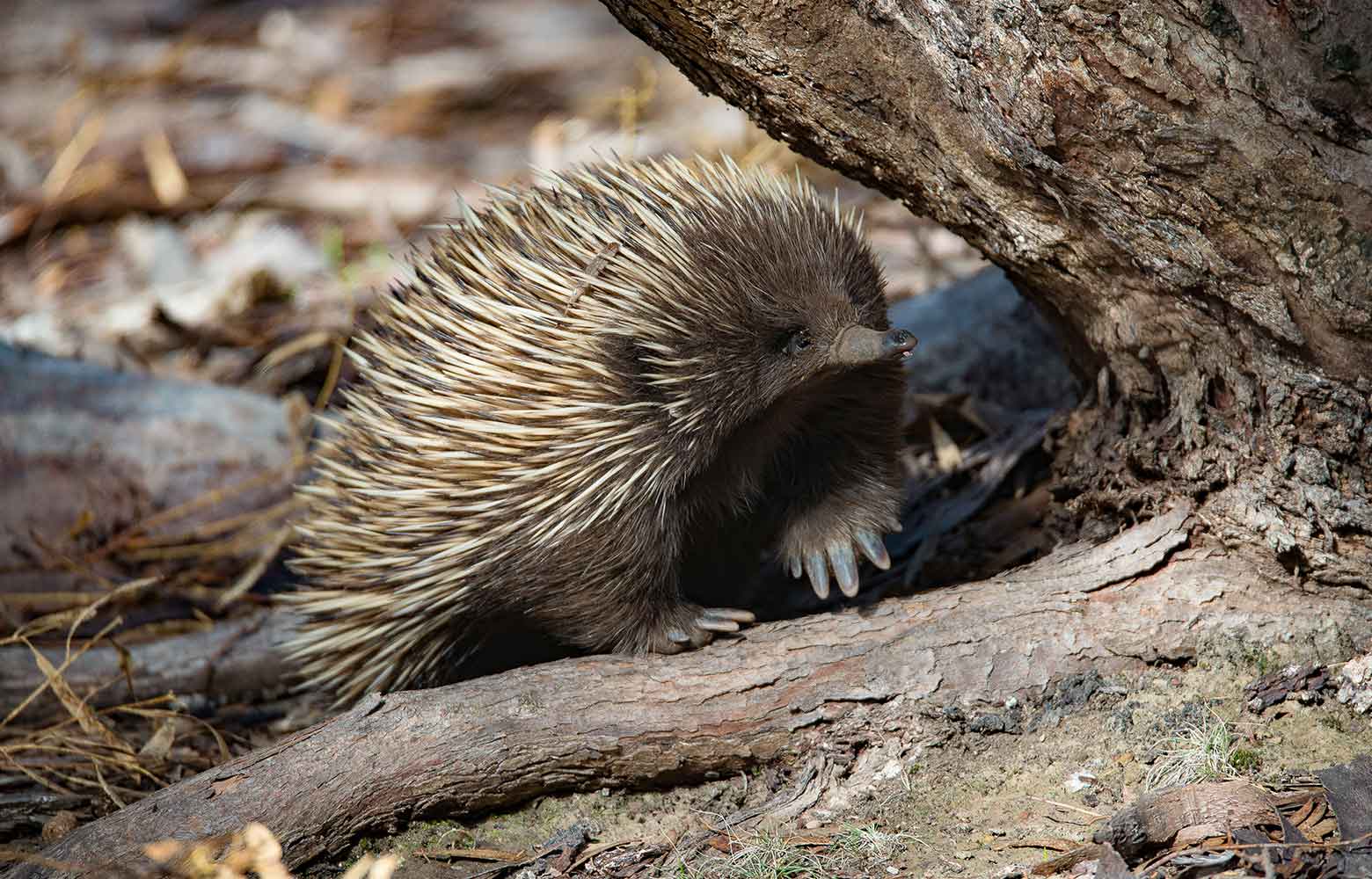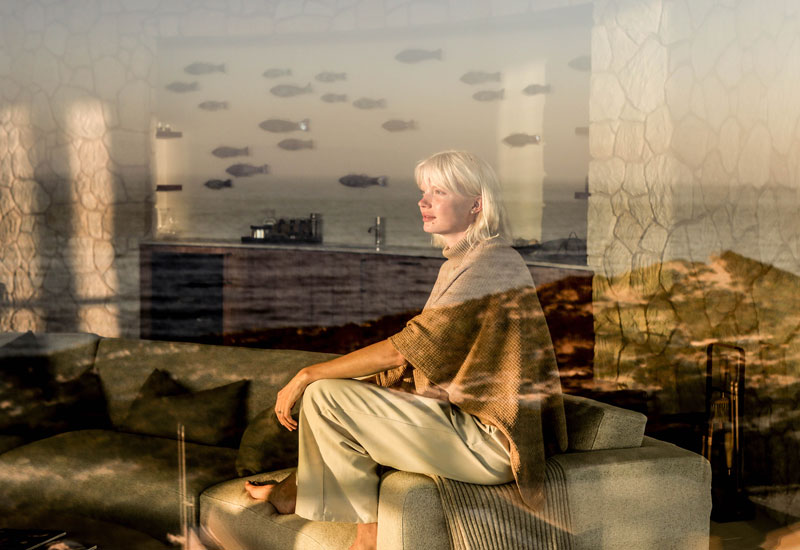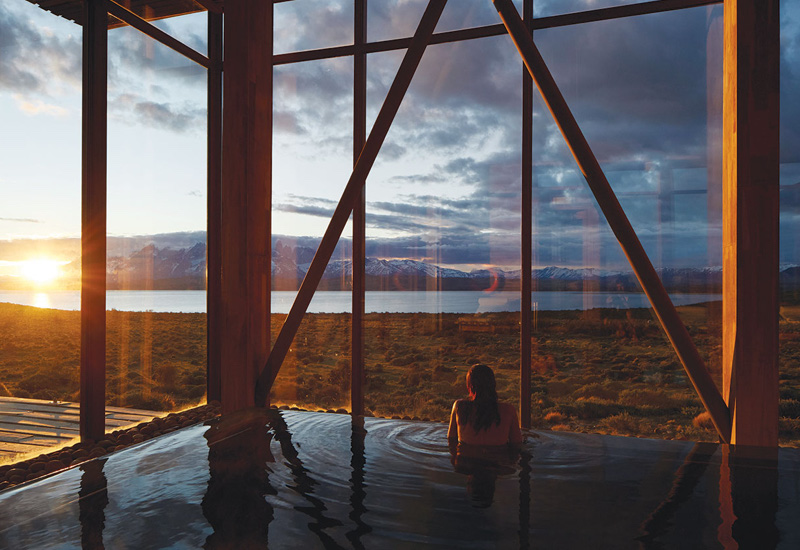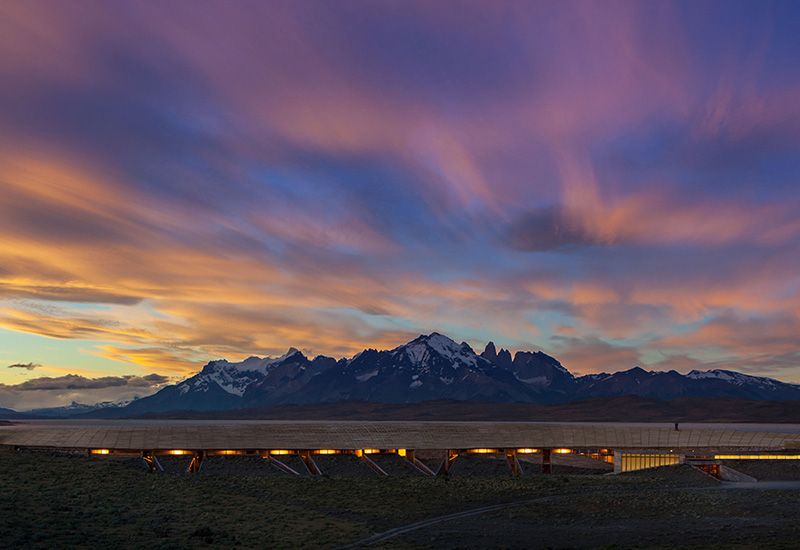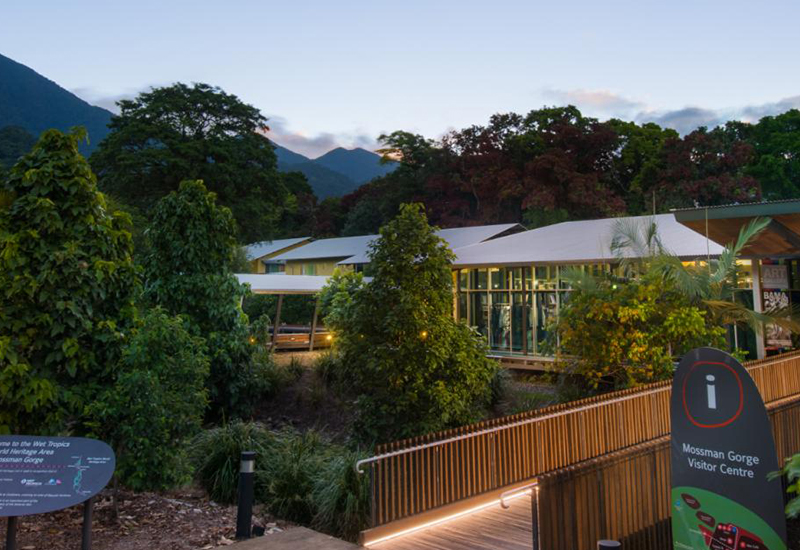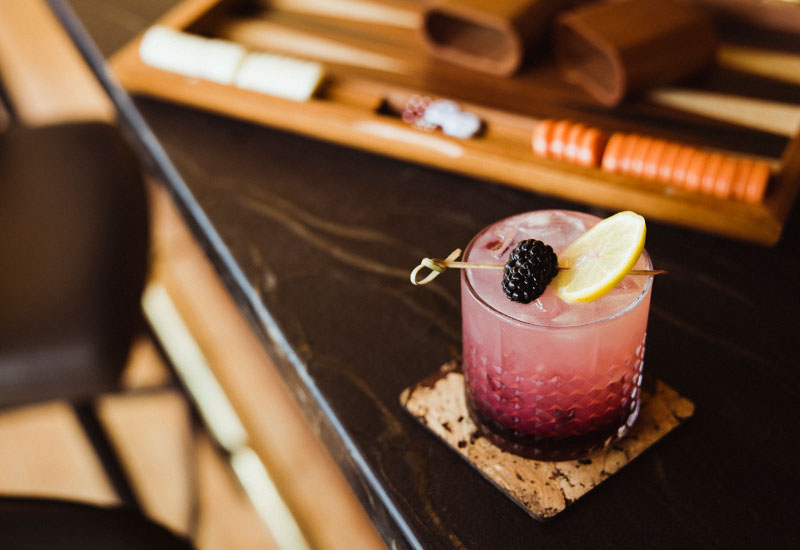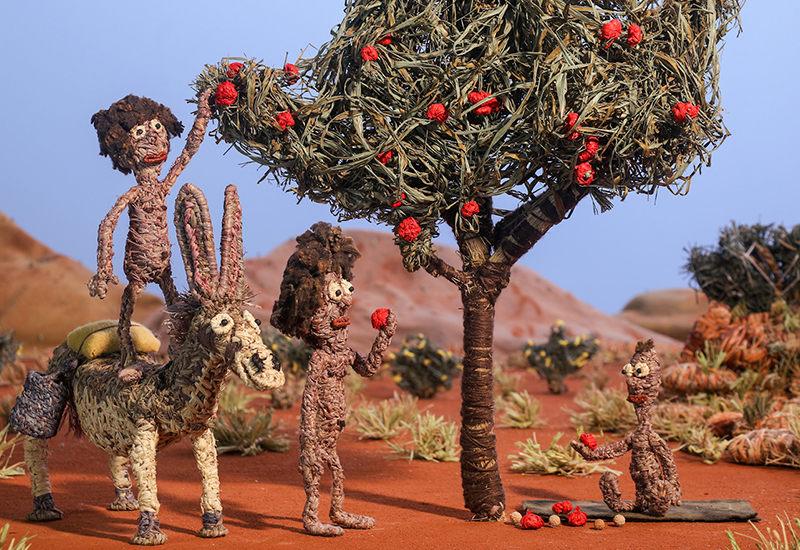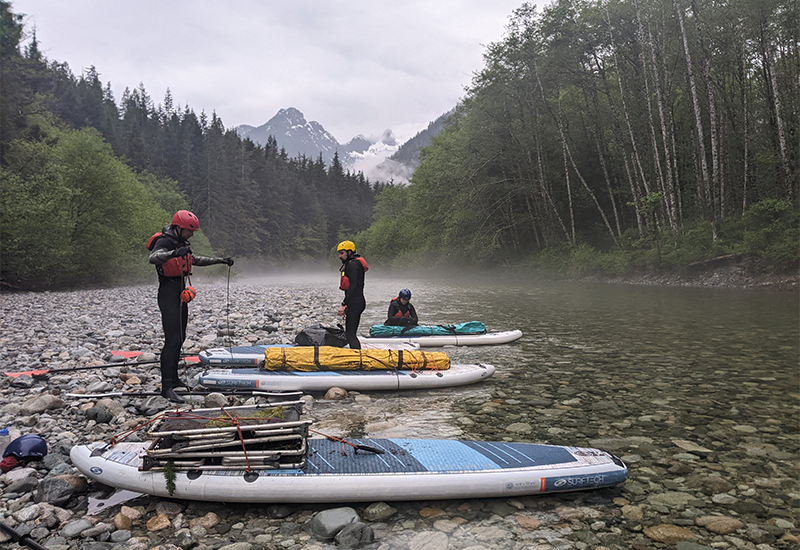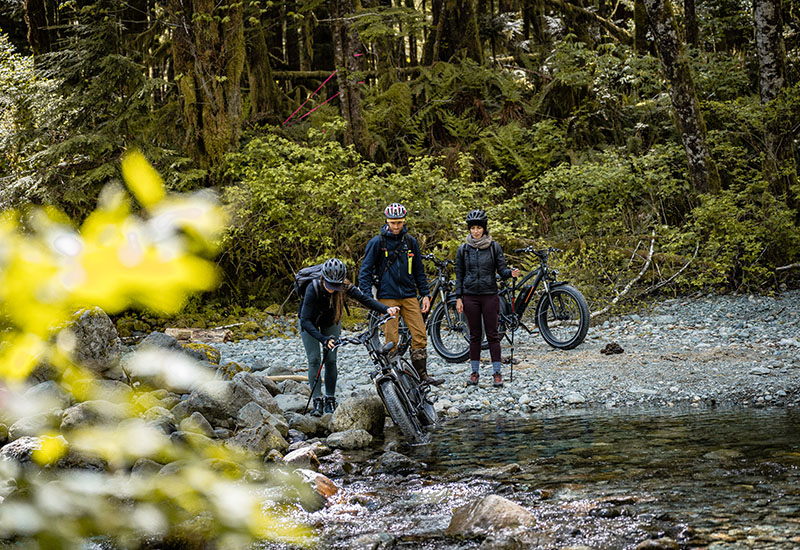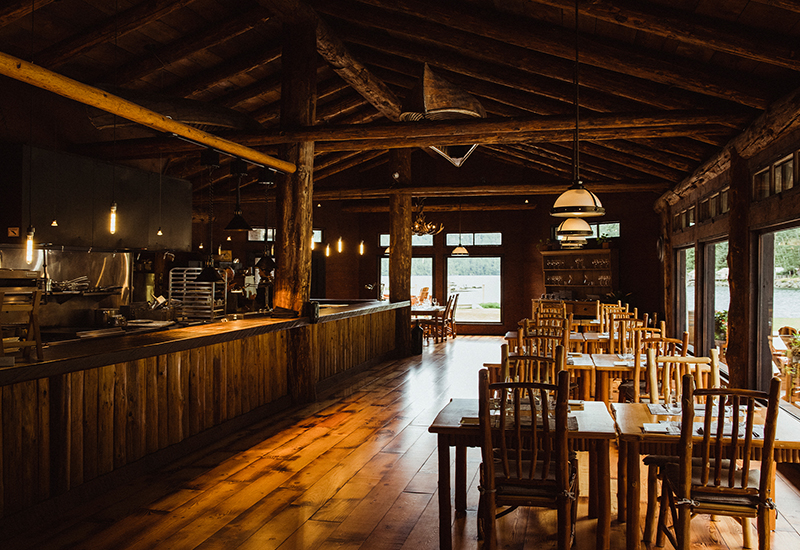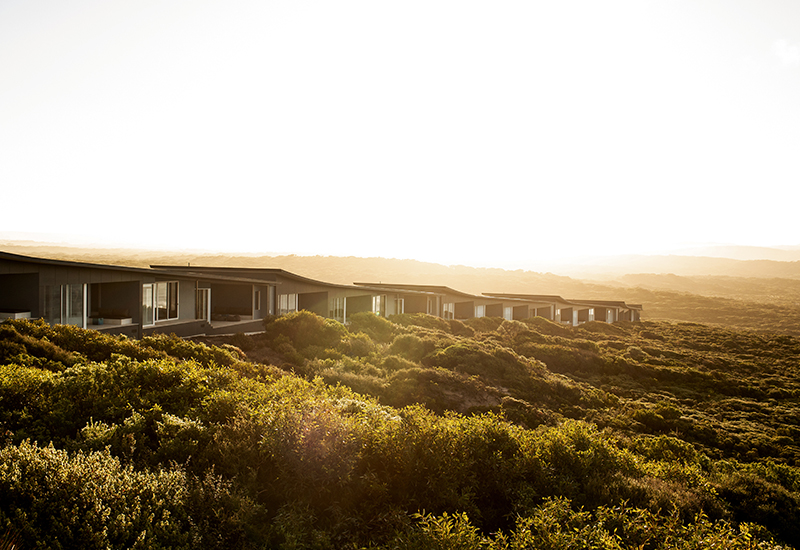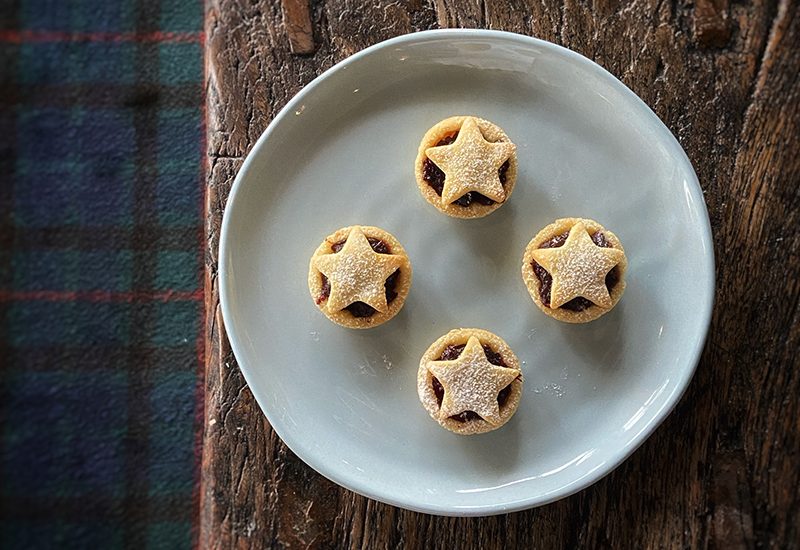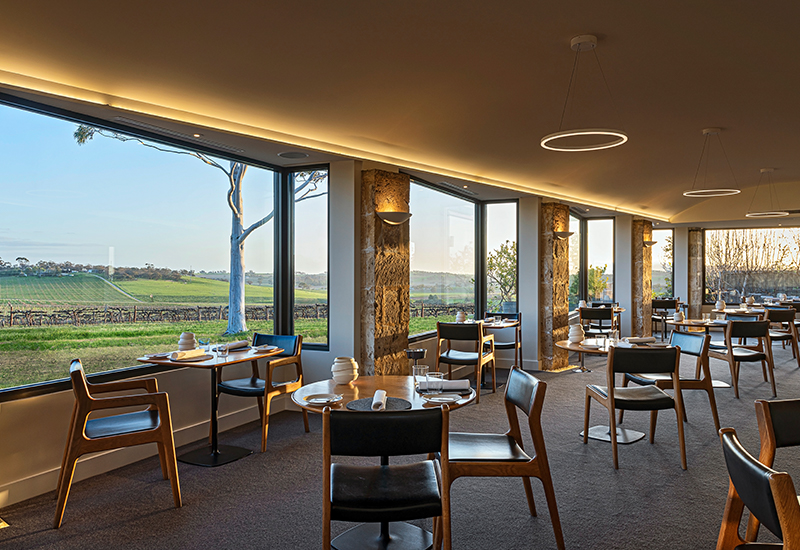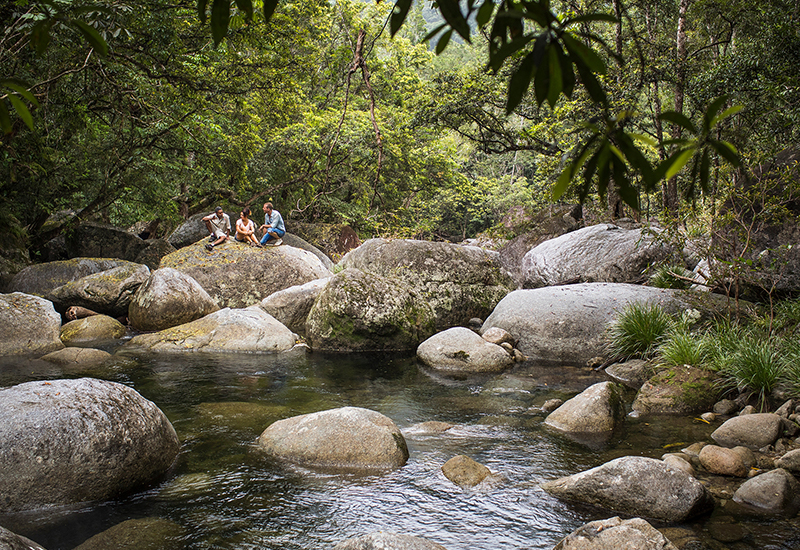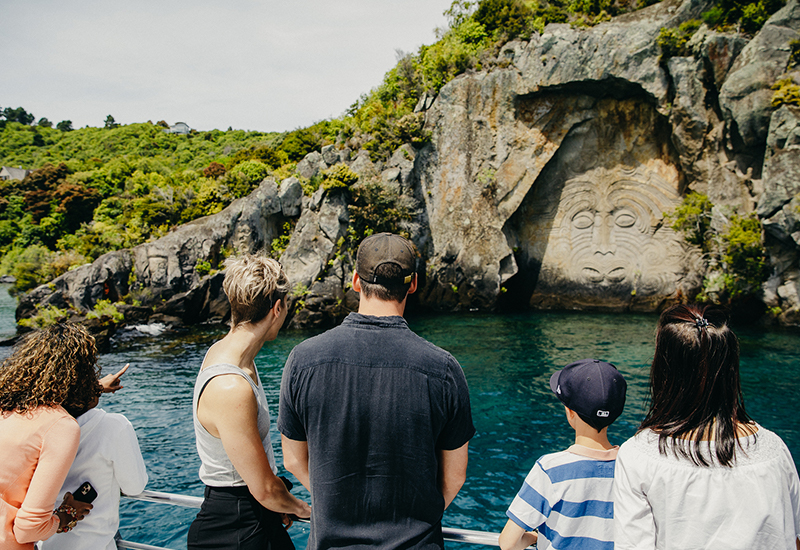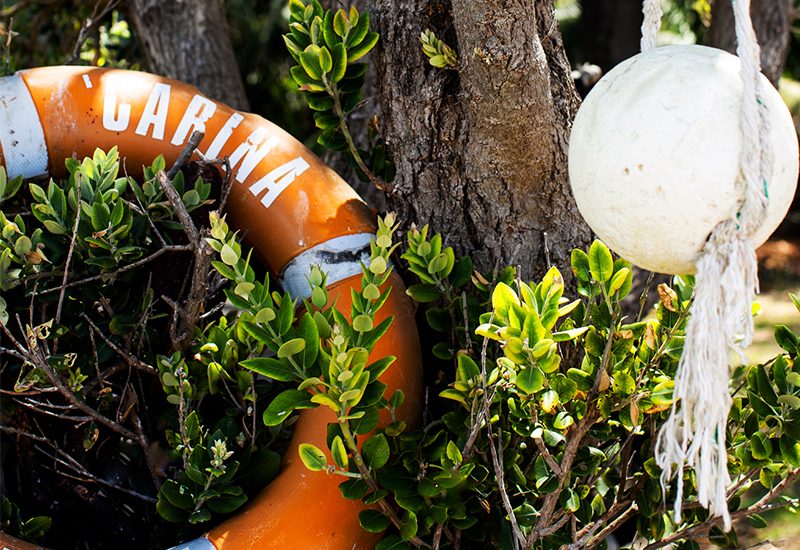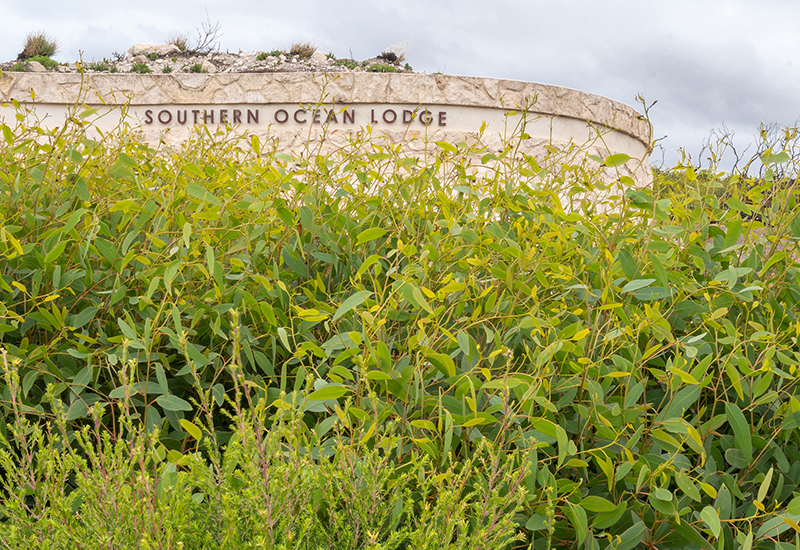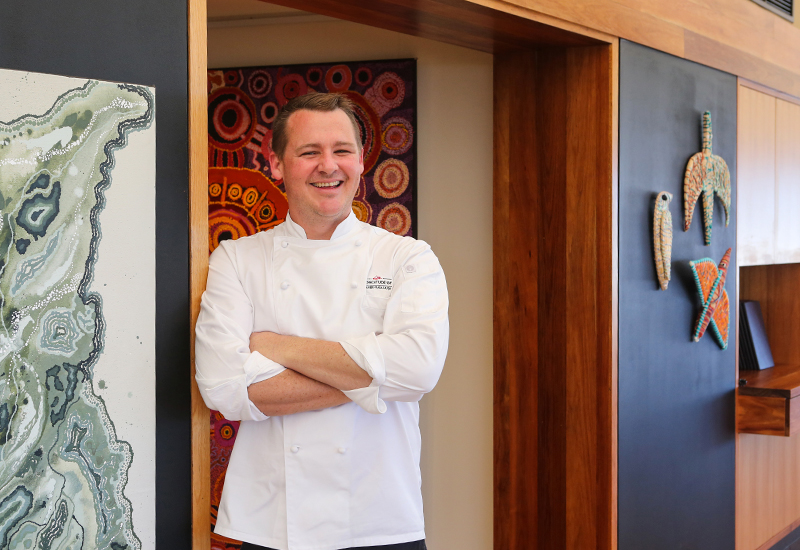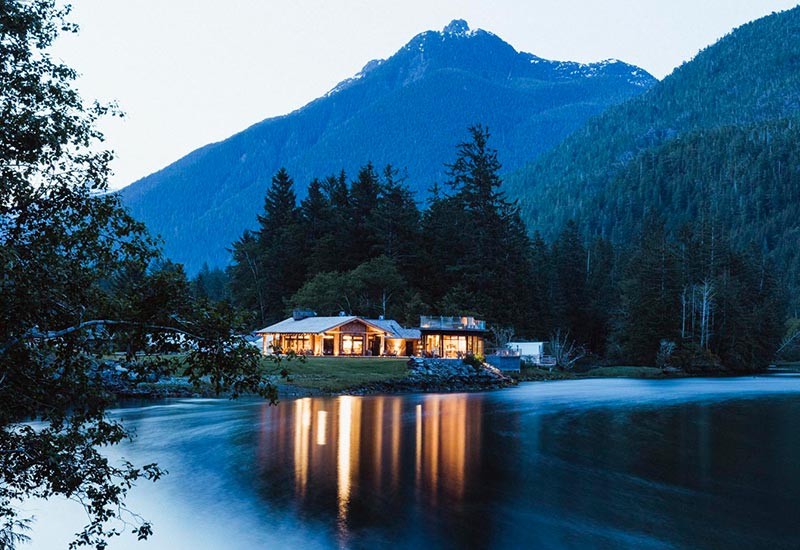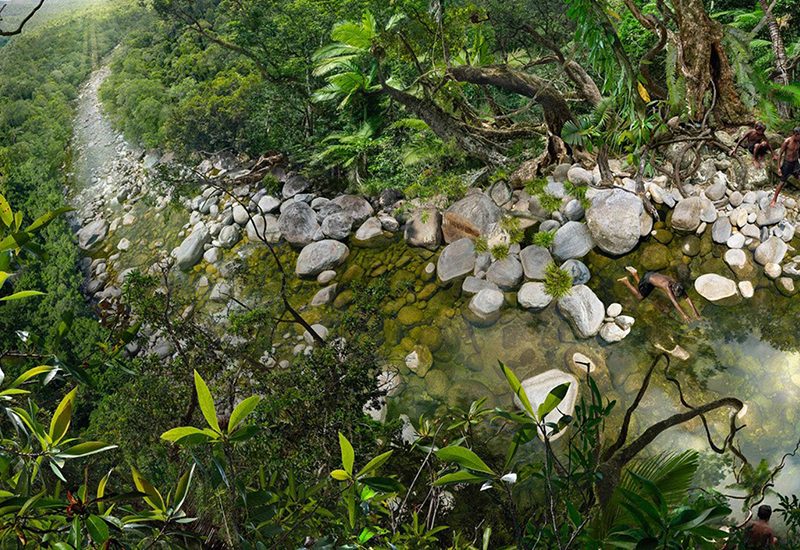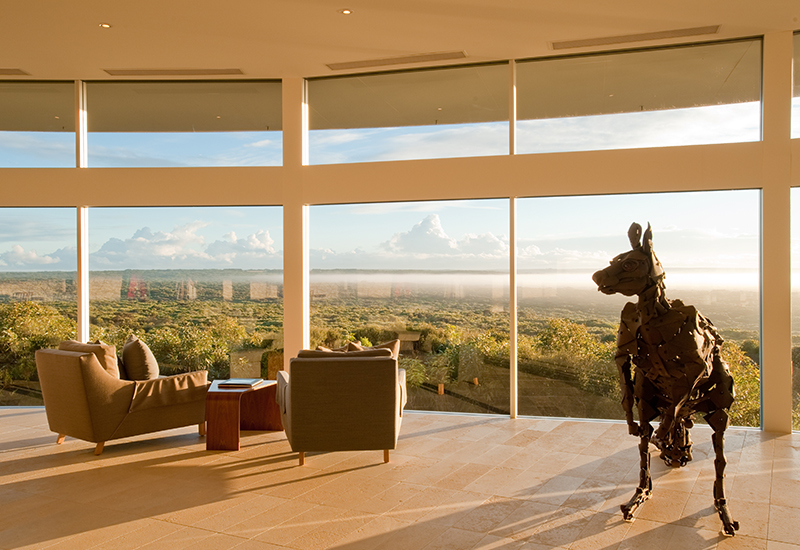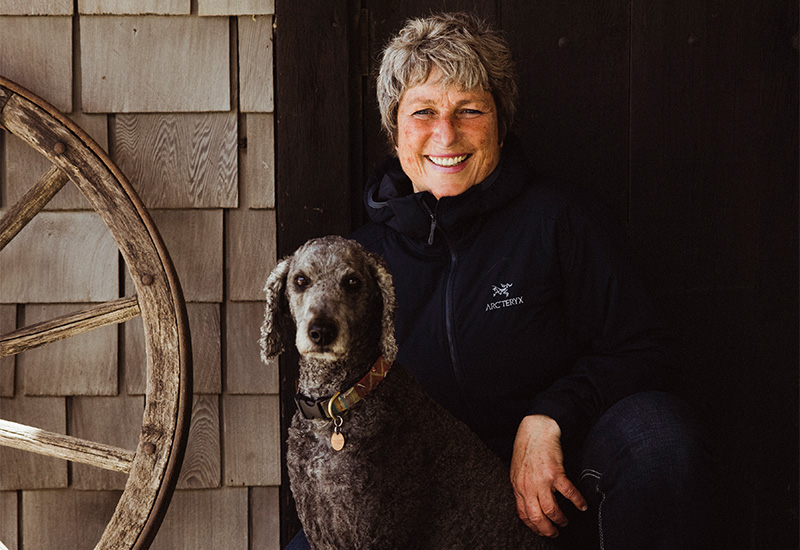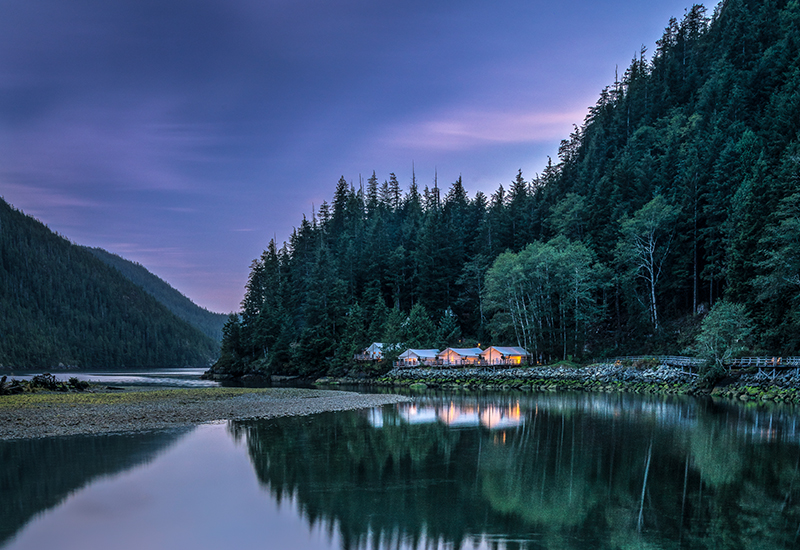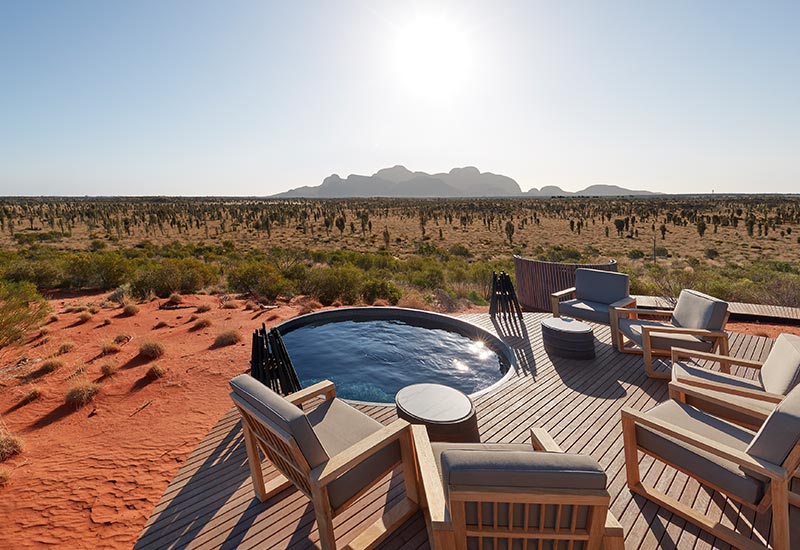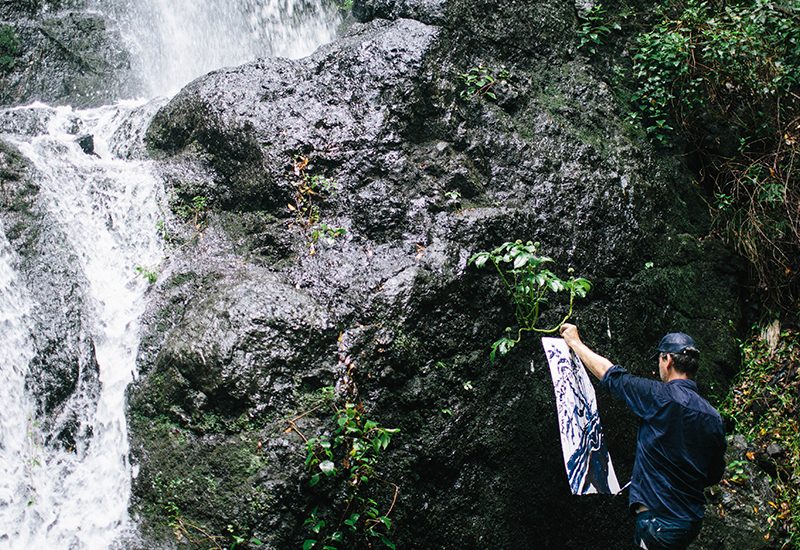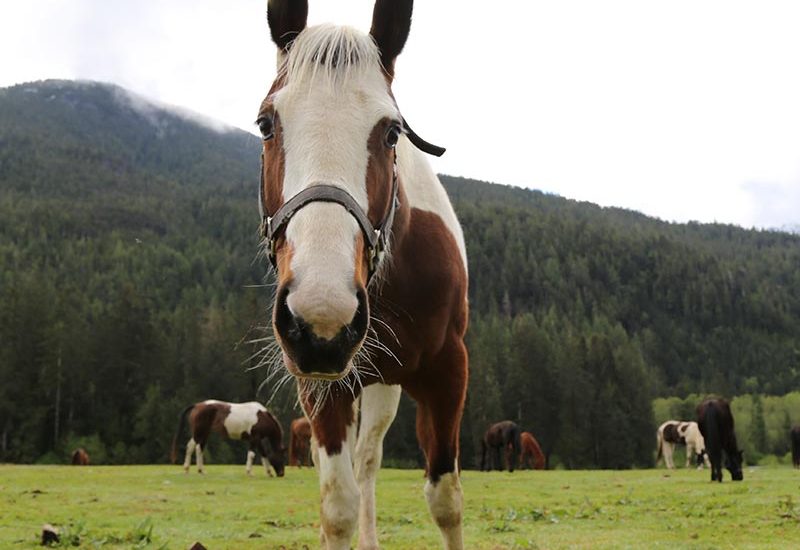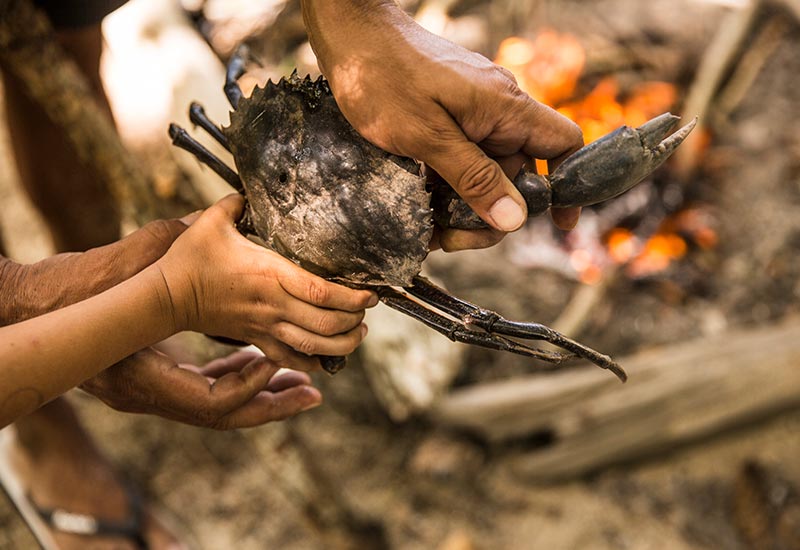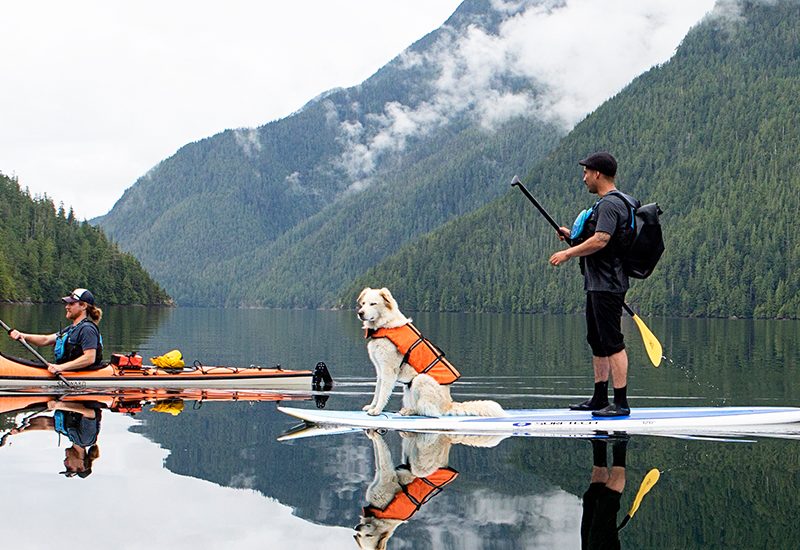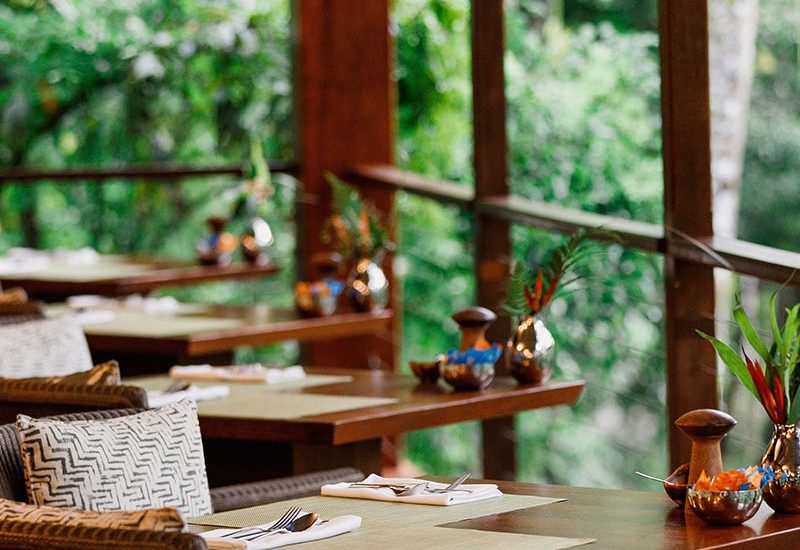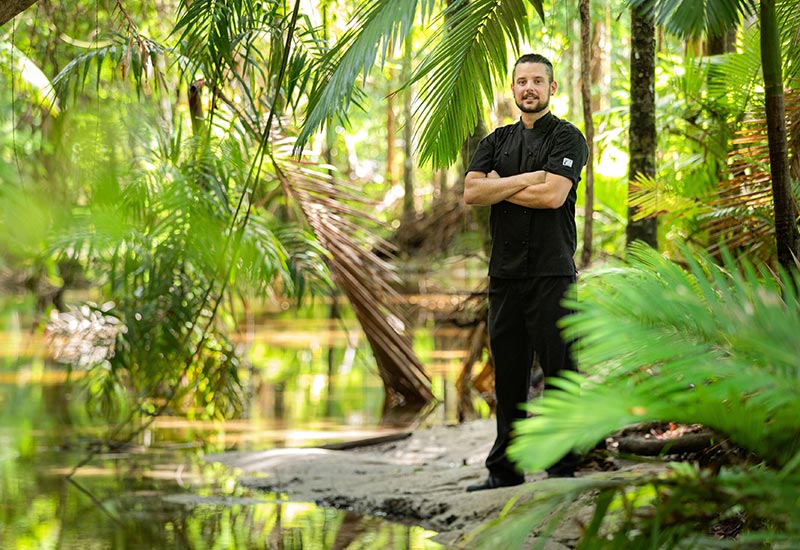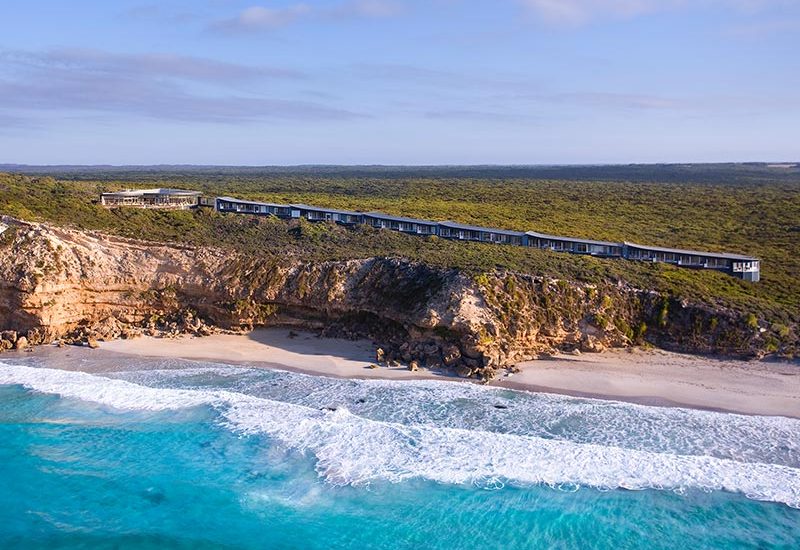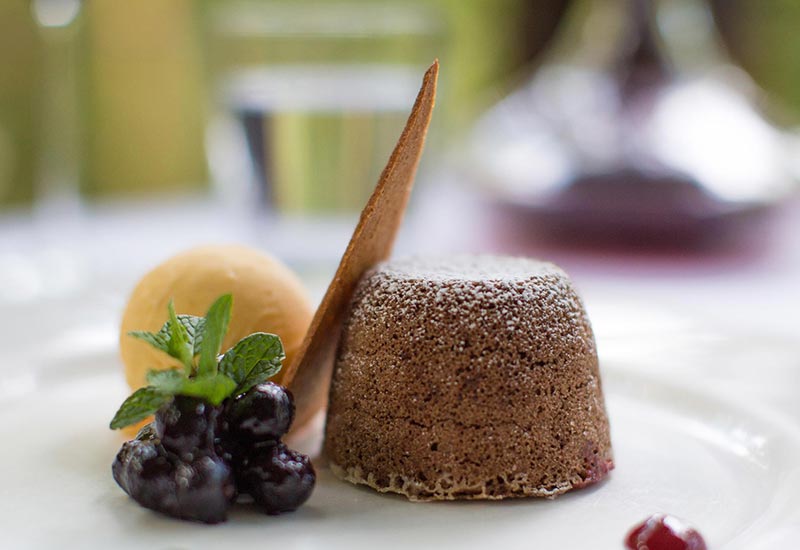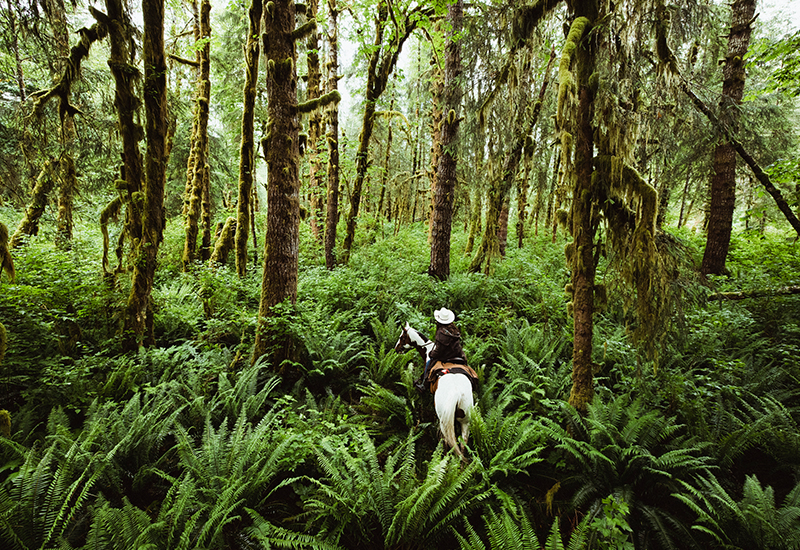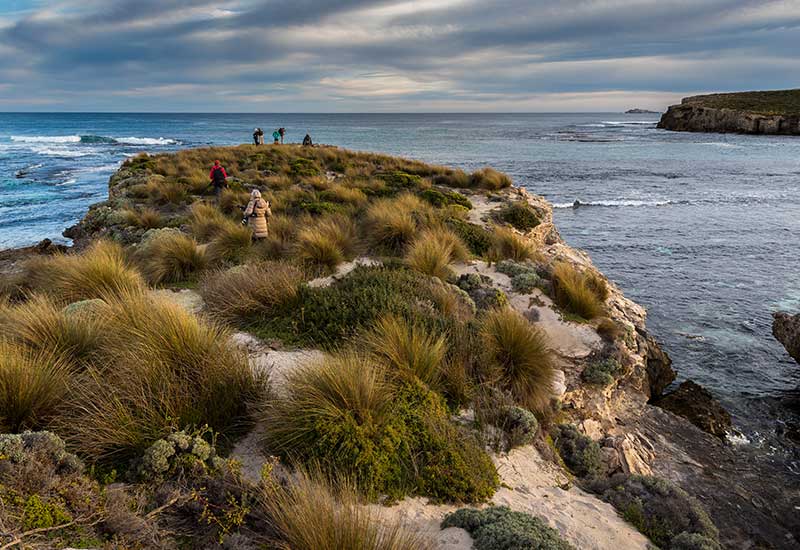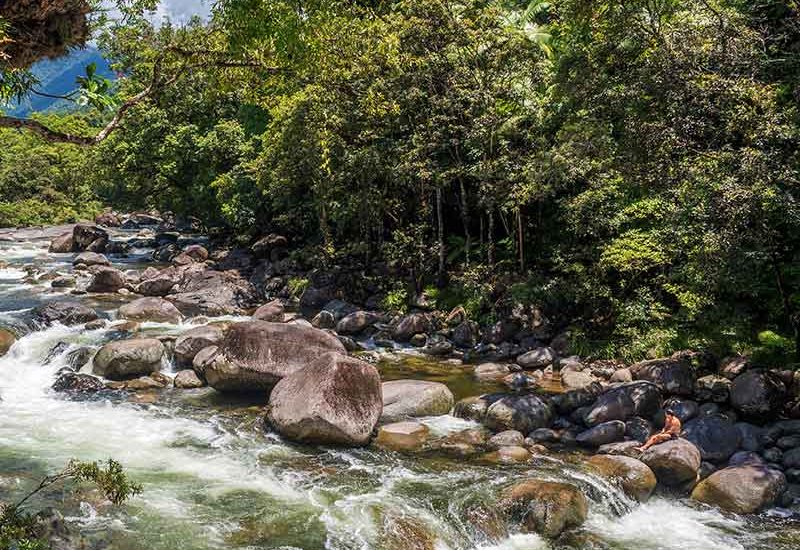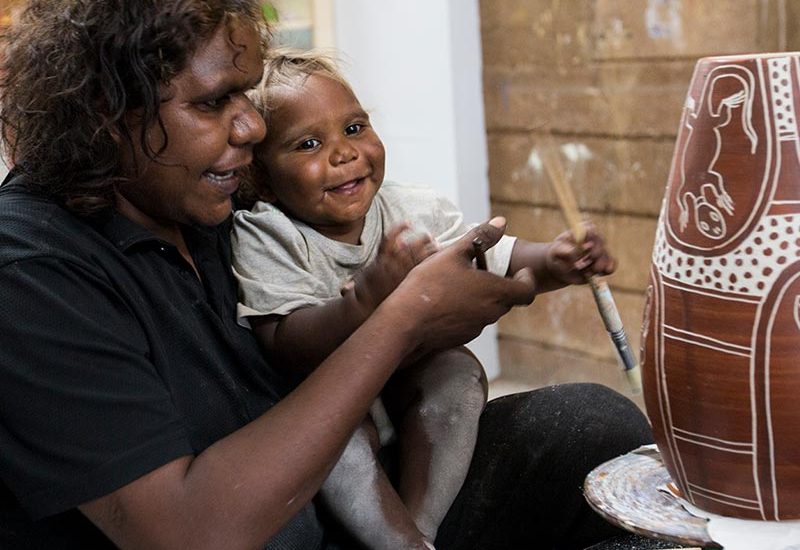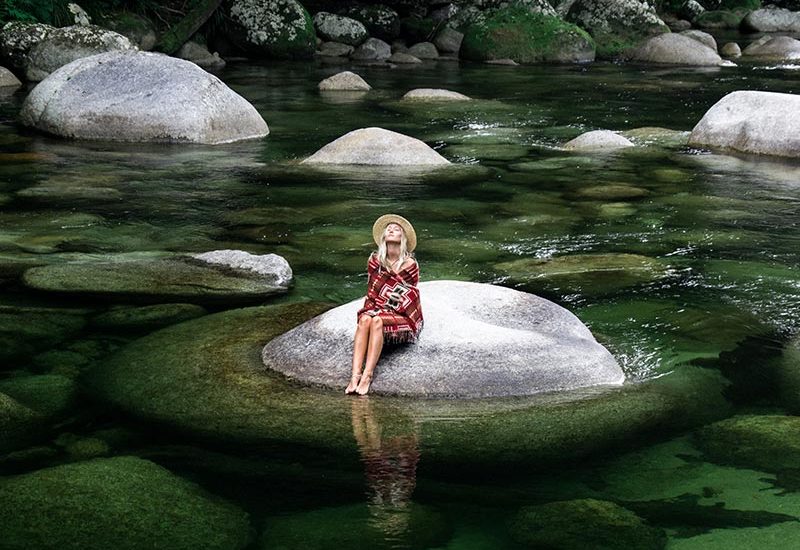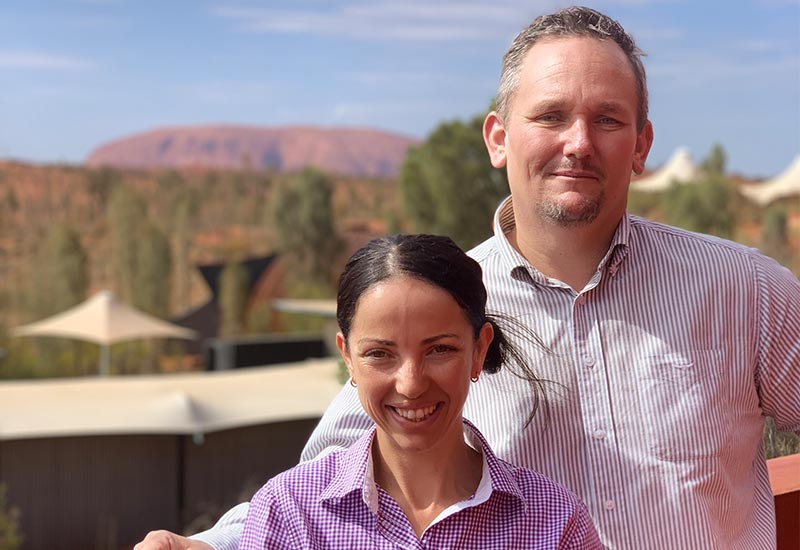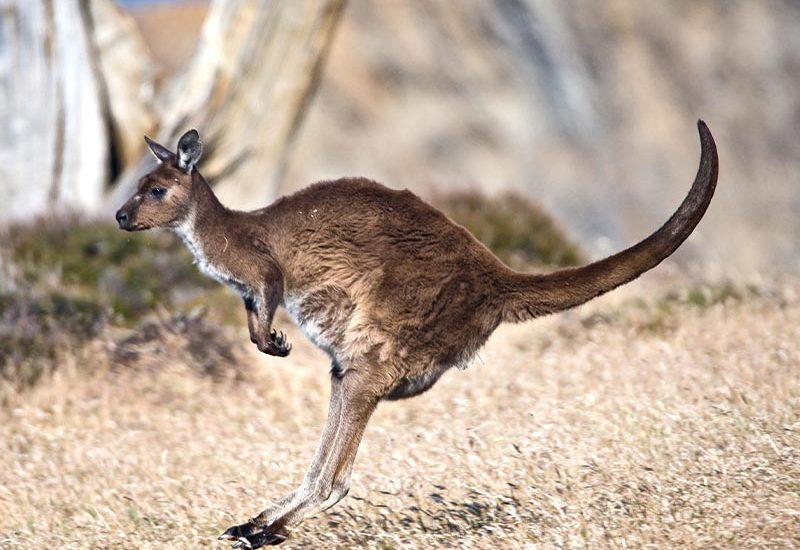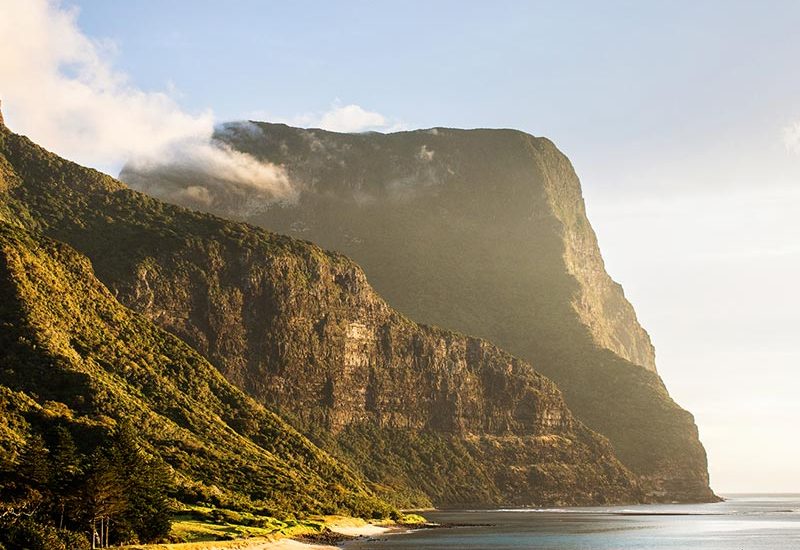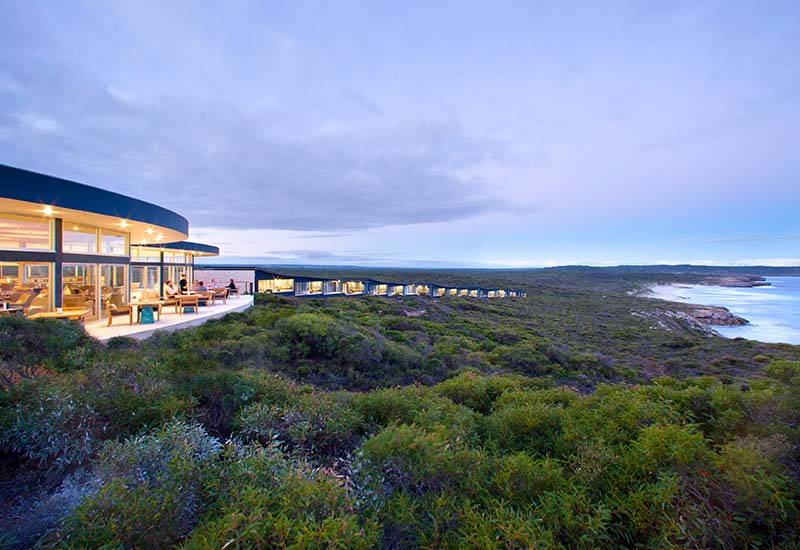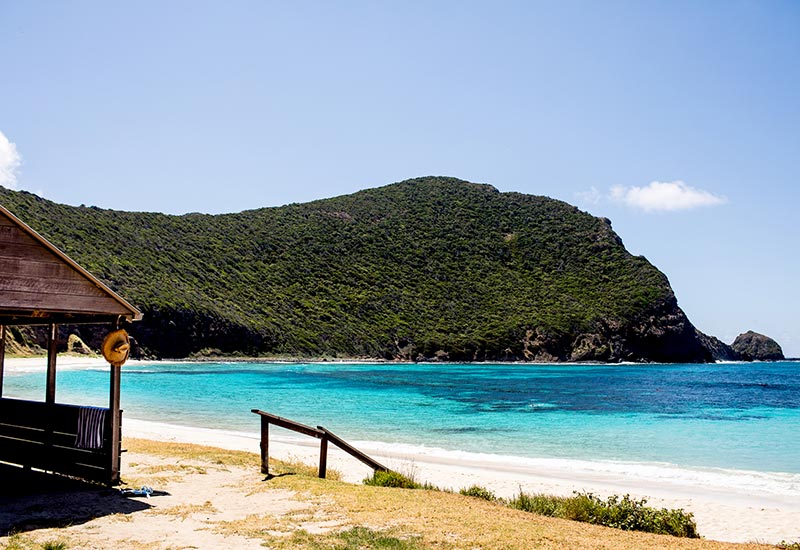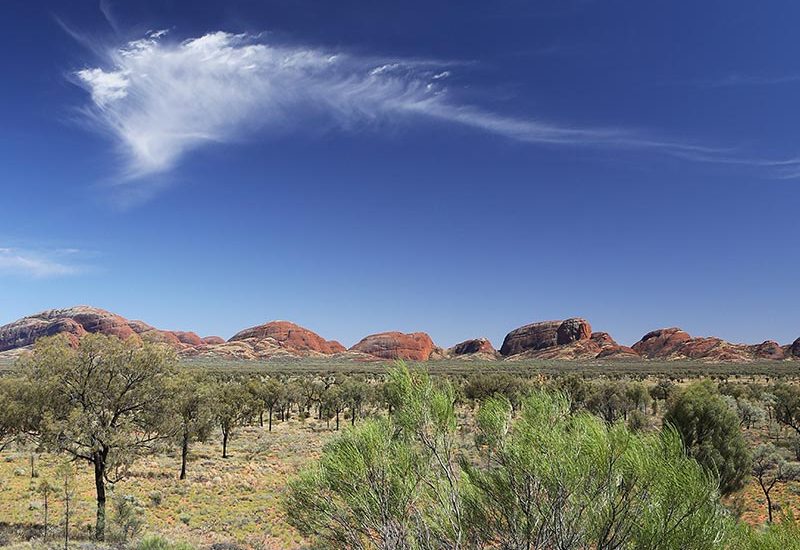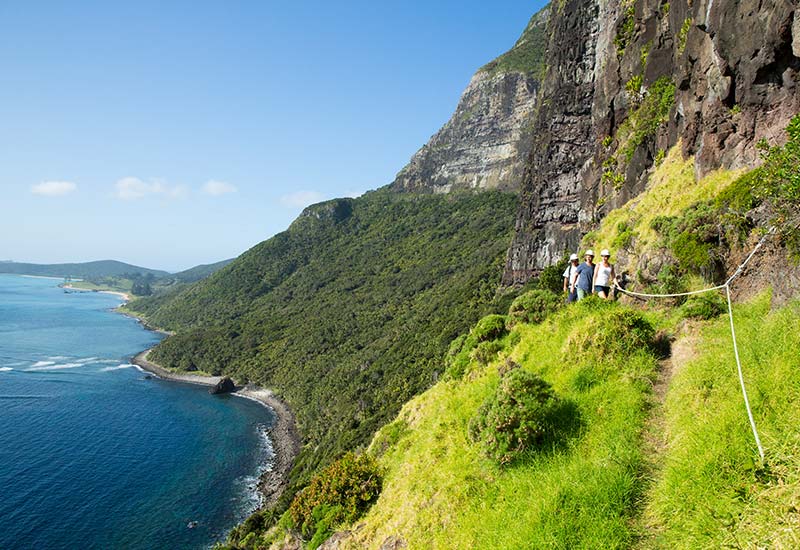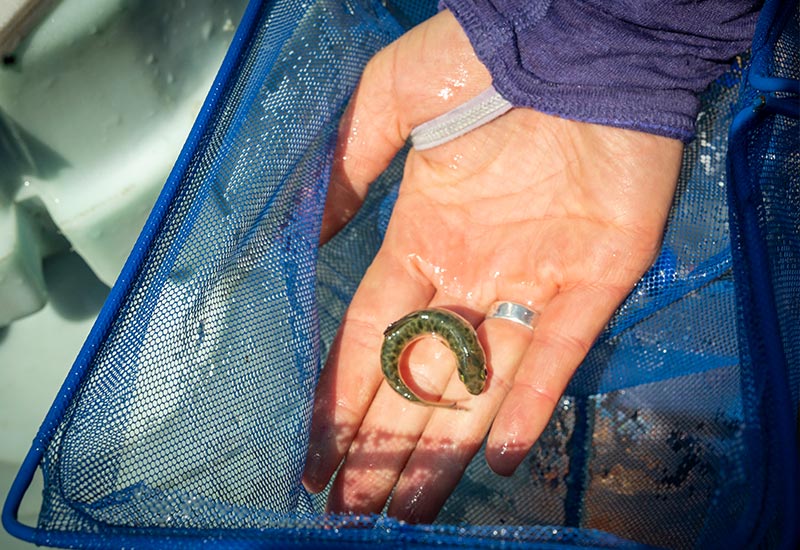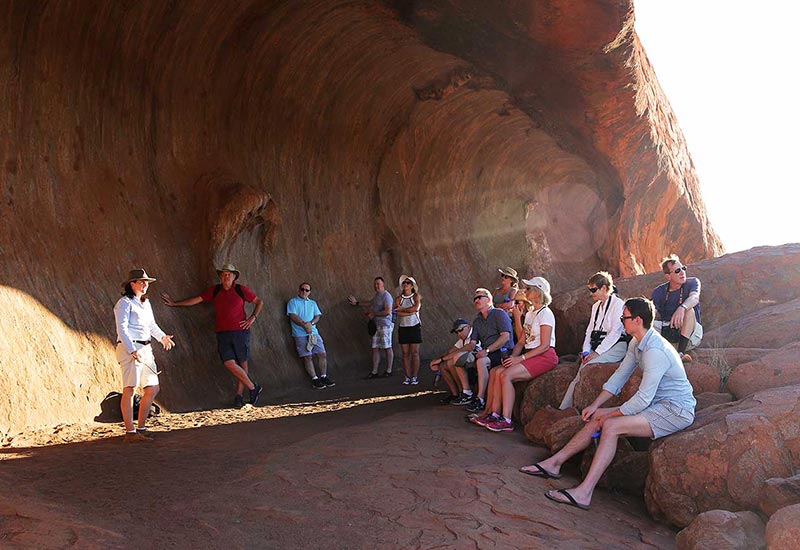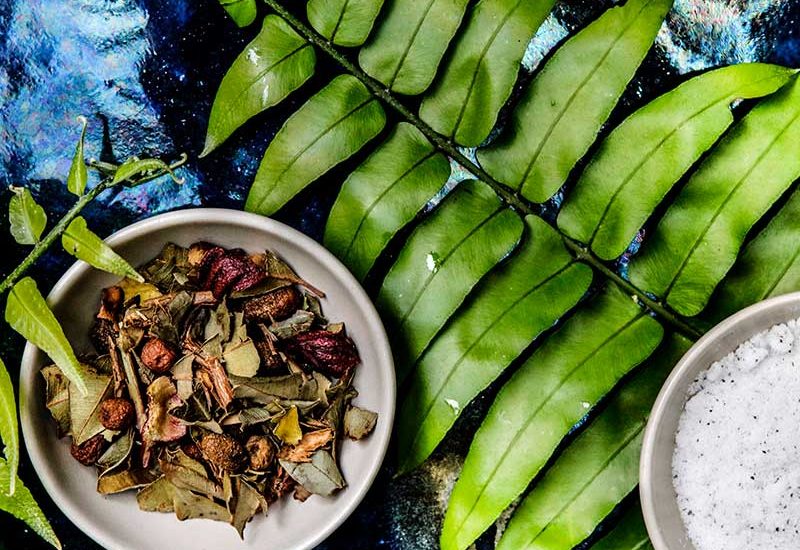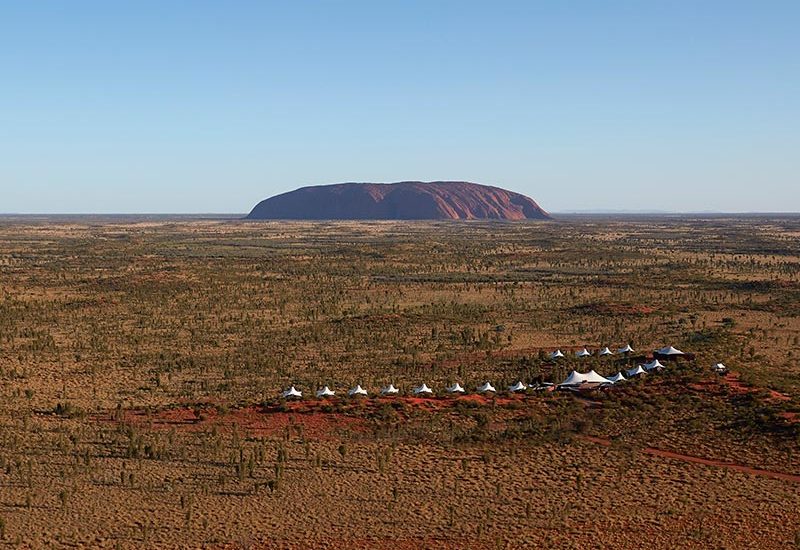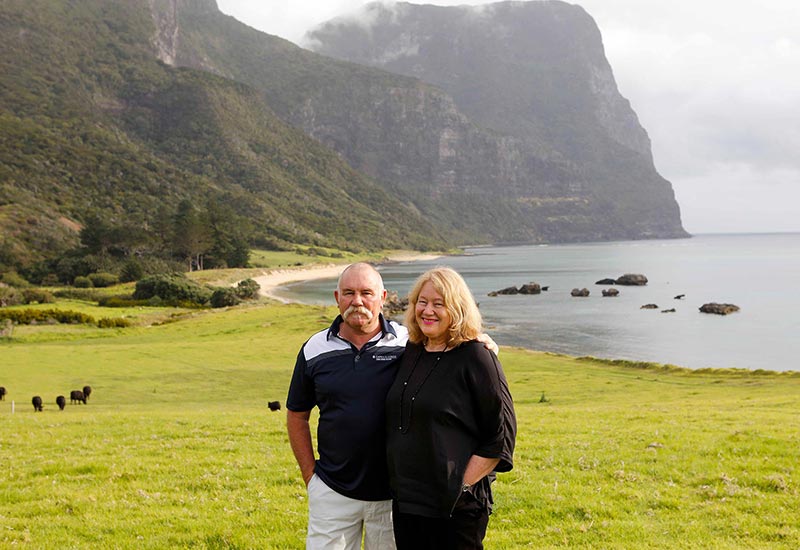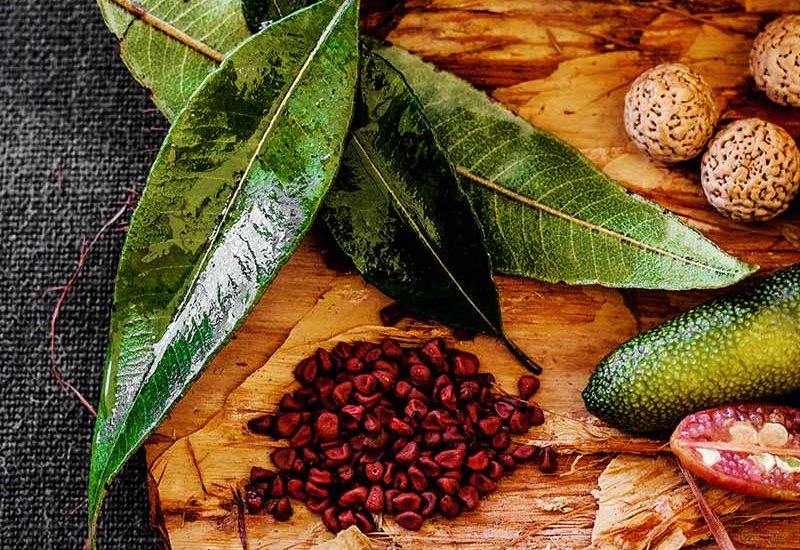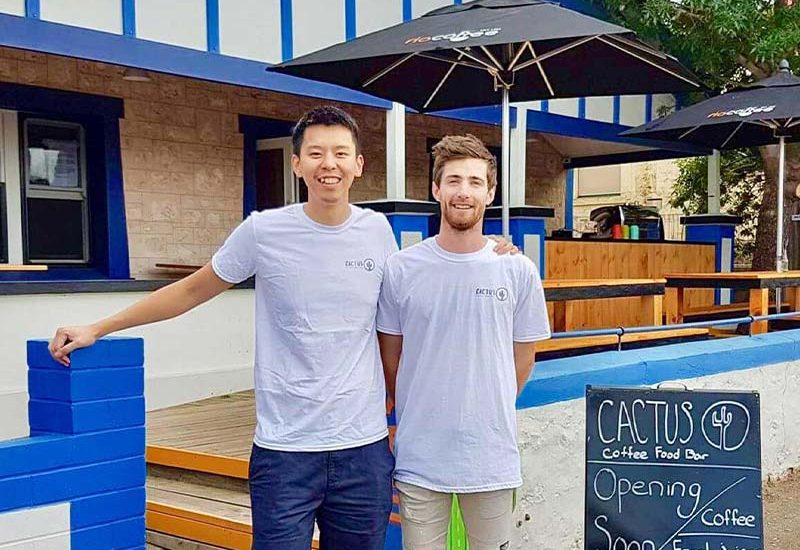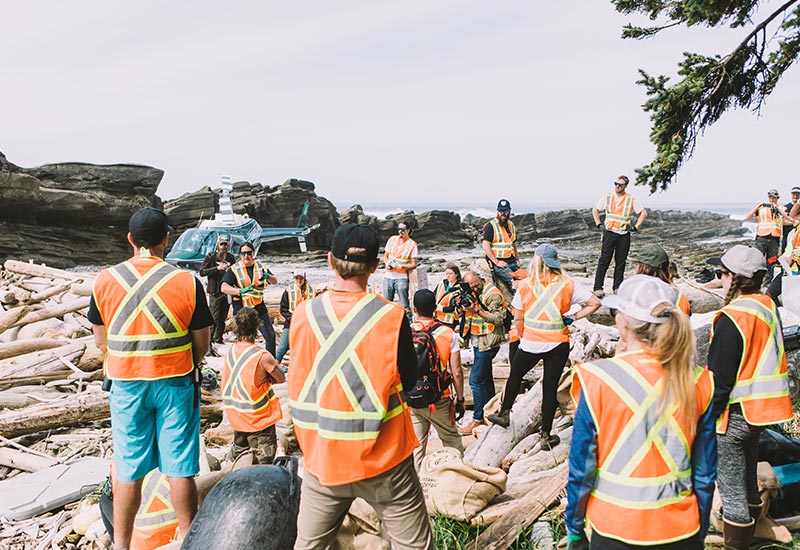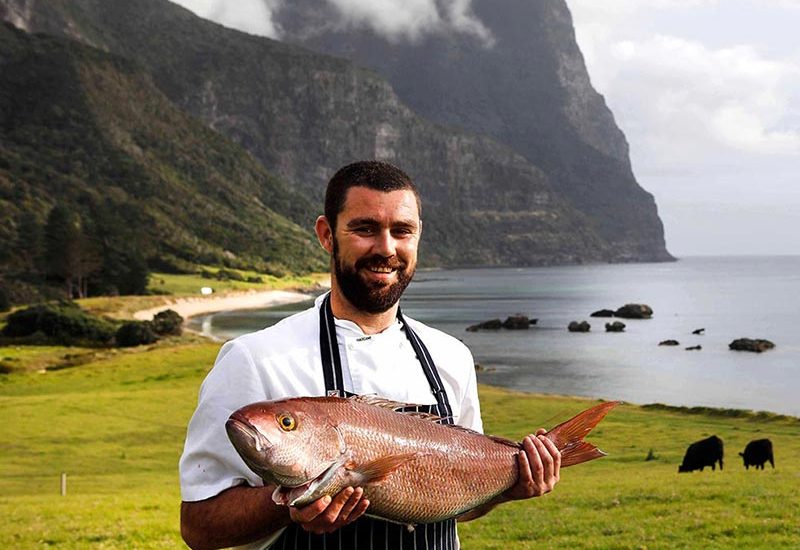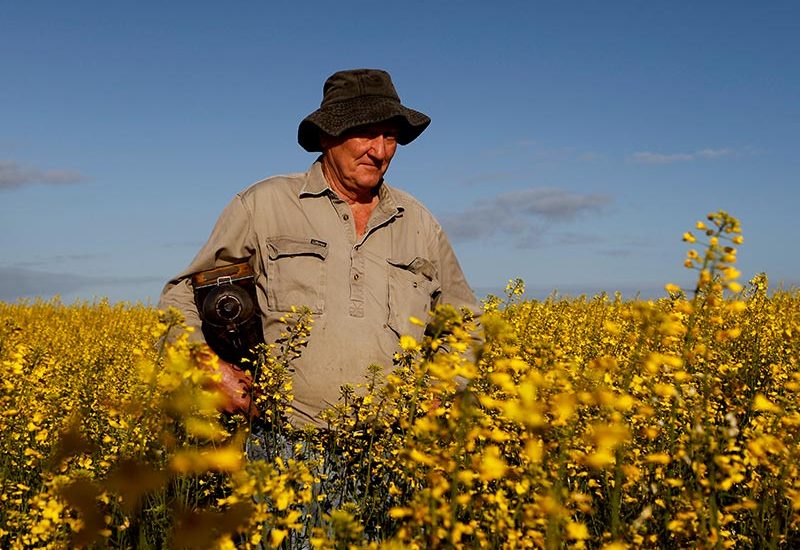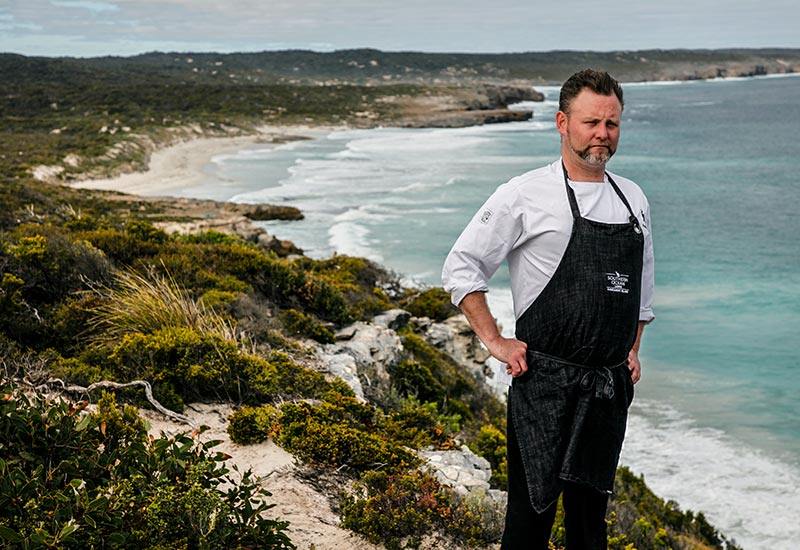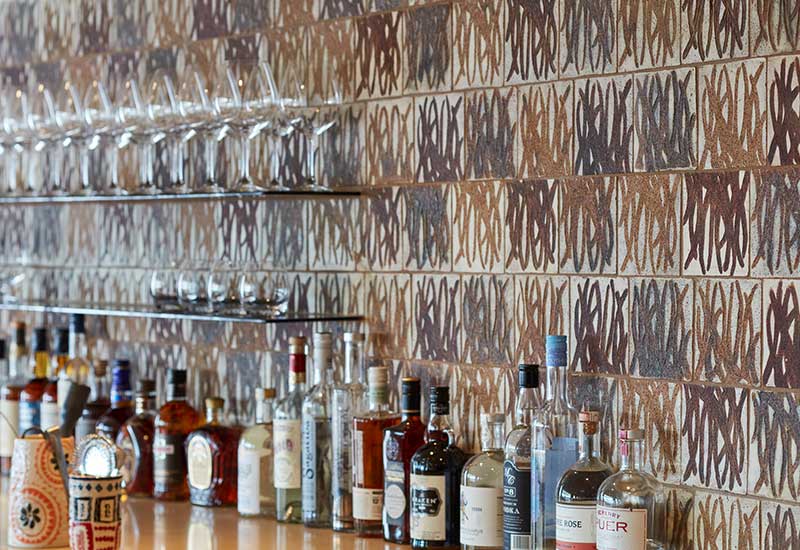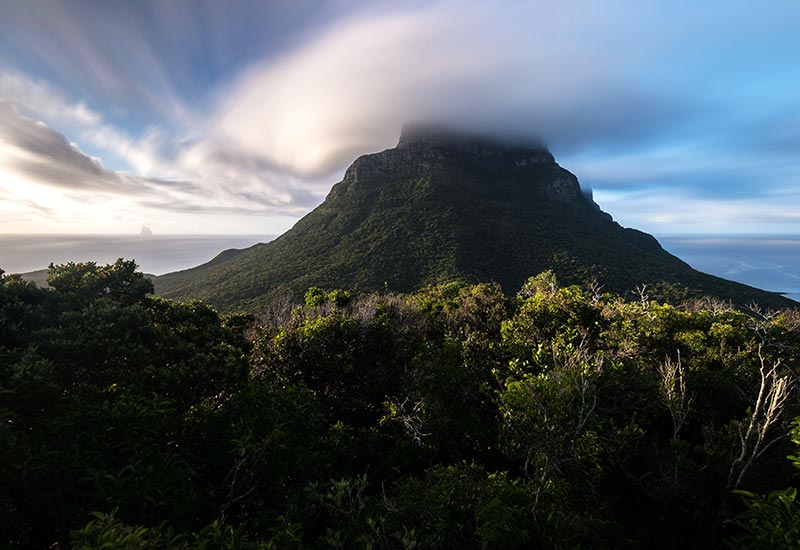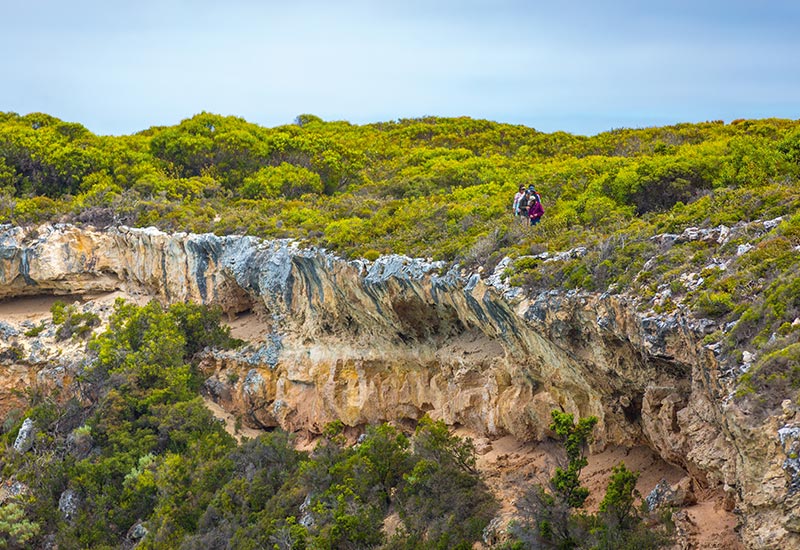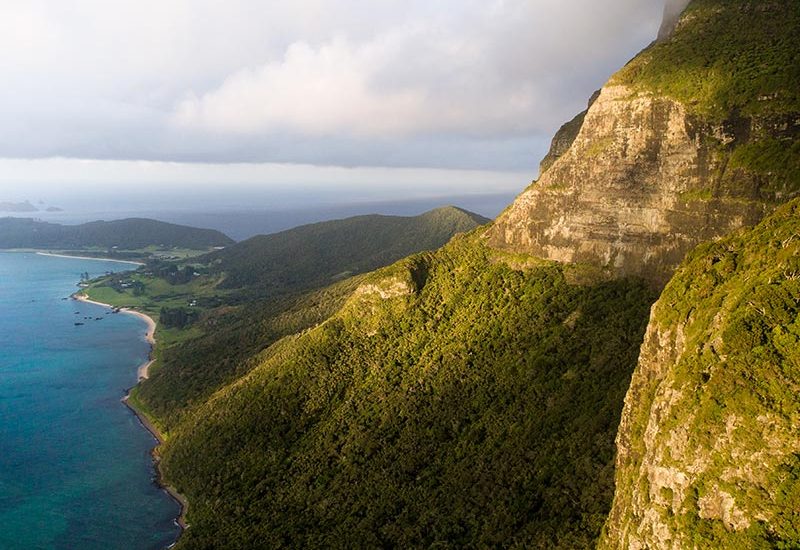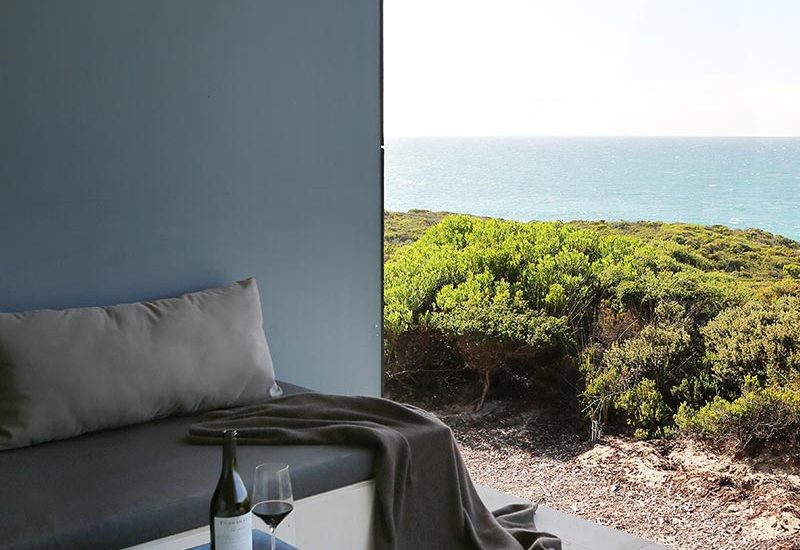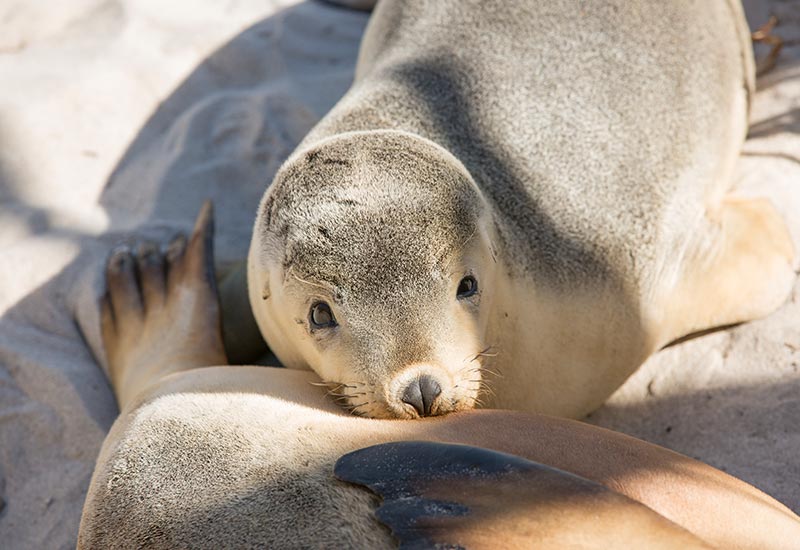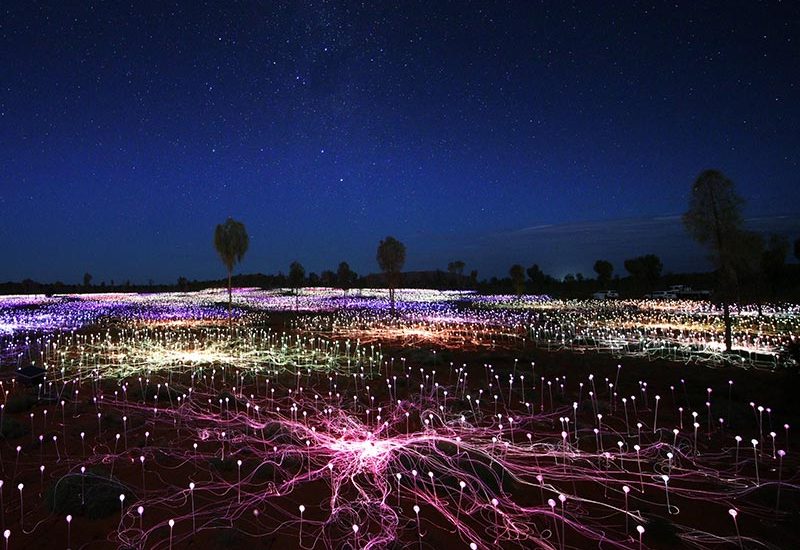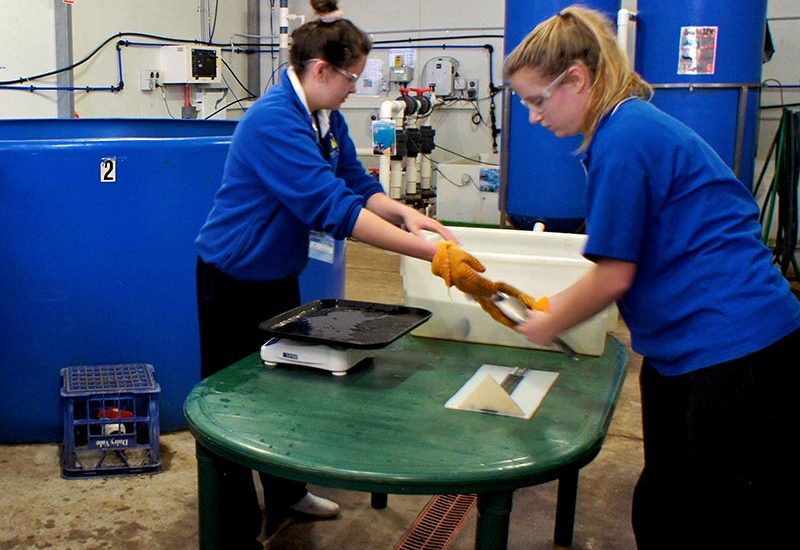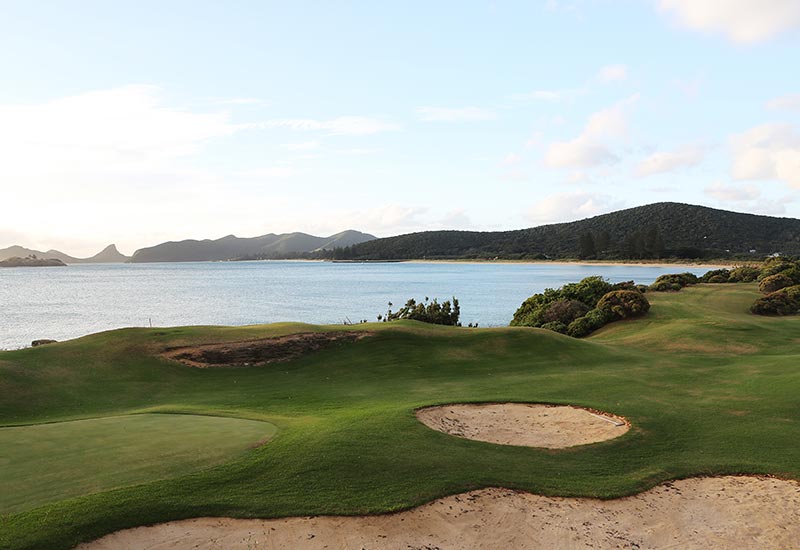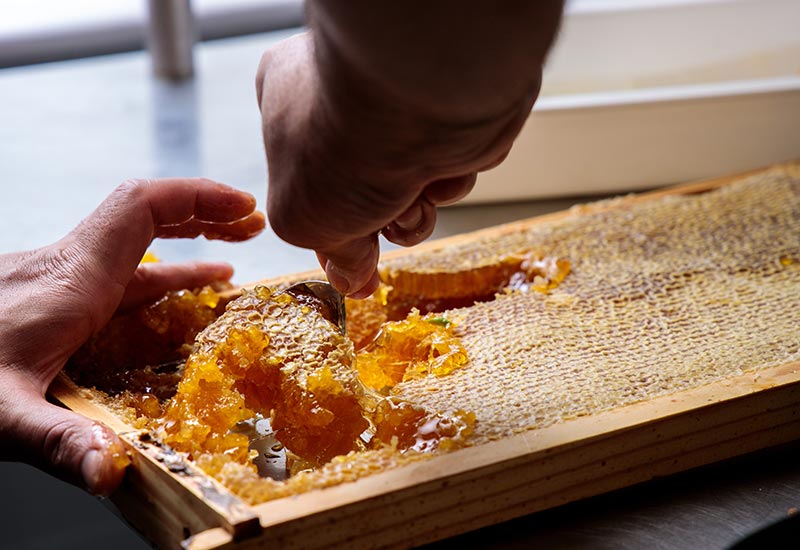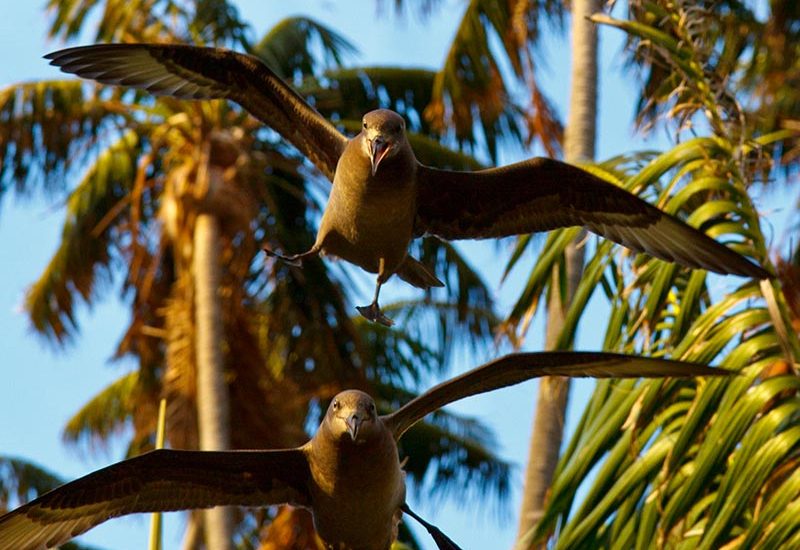FOR RESERVATION ENQUIRIES
CALL +61 2 9918 4355 OR ENQUIRE HERE
Kangaroo Island is home to a distinct subspecies of the Short-beaked Echidna, Tachyglossus aculeatus multiaculeatus, which can be found snuffling through the island’s undergrowth. Tachyglossus aculeatus means ‘quick tongue’ and ‘spiny’, whilst multiaculeatus refers to the subspecies’ multiple spikes. Kangaroo Island’s echidnas have more spines which are longer, thinner and paler in comparison to the mainland species. According to Kangaroo Island’s resident echidna expert Dr Peggy Rismiller, the echidnas can range in colour, identifying as blondes, brunettes or redheads!
In the 1800s, the echidna aided a remarkable scientific discovery; they were the first recorded mammal to lay eggs and become known as a monotreme. The echidna is considered a quiet survivor, as research shows* it is one of our oldest mammals. Its ancestors are believed to have roamed the earth with dinosaurs in the Paleogene Period. For this little creature to have survived millions of years through such dramatic environmental changes, it must have some special physical and behavioral traits.
The Short-beaked Echidna uses its snout to unearth termites, ants and worms, catching the invertebrates with its fast and sticky tongue. Without teeth, it grinds the food against the roof of its mouth into a paste it can swallow. The echidna does not enjoy the heat as it lacks the ability to perspire and is most commonly seen at dawn and dusk. During winter it goes into hibernation, and with a high tolerance for carbon dioxide and low levels of oxygen, the echidna can spend a lot of time beneath the ground. In fact, they are considered the lowest energy-consuming mammal in the world.
As the temperature rises in spring, echidnas emerge to mate, and begin a process that continues to woo wildlife observers. Female echidnas lay just one egg a year, and the mating period is the only time the otherwise solitary animals go out of their way to meet one another. The female releases a pheromone that attracts the males in the area. Up to ten males then line up behind her and follow in her footsteps. This hike can last for up to ten hours a day, over several days, and is referred to as the ‘mating trail’ or ‘the love train’.


